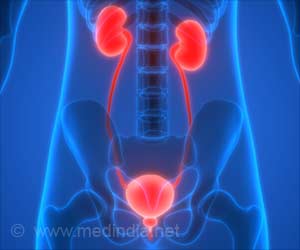Use of ADHD medications does not increase the risk of heart attack, sudden cardiac death or stroke in adults.

"It's important to note that this is an observational study and not a randomized clinical trial," said Laurel Habel, PhD, a research scientist with the Kaiser Permanente Northern California Division of Research and the lead author of the study.
"Consequently, we can't rule out the possibility of a slight or modest increase in risk, and patients should discuss use of the drugs with their physician and be closely monitored," added co-author Alan Go, MD, acting director of the Kaiser Permanente Division of Research.
Habel also noted that most of the drug use in their study population was relatively short-term (less than a year) and results may not apply to longer-term use. Researchers also explained that the results may not apply to adults 65 and older, since this group was not studied.
Study drugs included stimulant medications (methylphenidate, dextroamphetamines, amphetamine salts and pemoline) and the non-stimulant atomoxetine. These drugs were all labeled for treatment of ADHD in children or adults as of Dec. 31, 2005.
The cardiovascular safety of ADHD medications has been a concern because stimulants and atomoxetine can elevate blood pressure and heart rate by a small amount in both children and adults. Although one previous study among children suggested markedly elevated risks of sudden cardiac death, results from a small number of studies have been inconsistent.
Advertisement
The researchers compared users of these drugs with nonusers and found no evidence that the incidence of cardiovascular events was higher in the users of ADHD medications than in the nonusers. Second, the researchers compared adults who were using these drugs with past users who had not taken any of these medications in the prior year. Risk while using these medications was similar to risk after discontinuation. Third, the researchers examined risk in subgroups of users — subgroups defined by the specific type of ADHD drug used, by the duration of use, and by other factors. Little evidence of increased risk was found in any subgroup.
Advertisement
Source-Eurekalert















